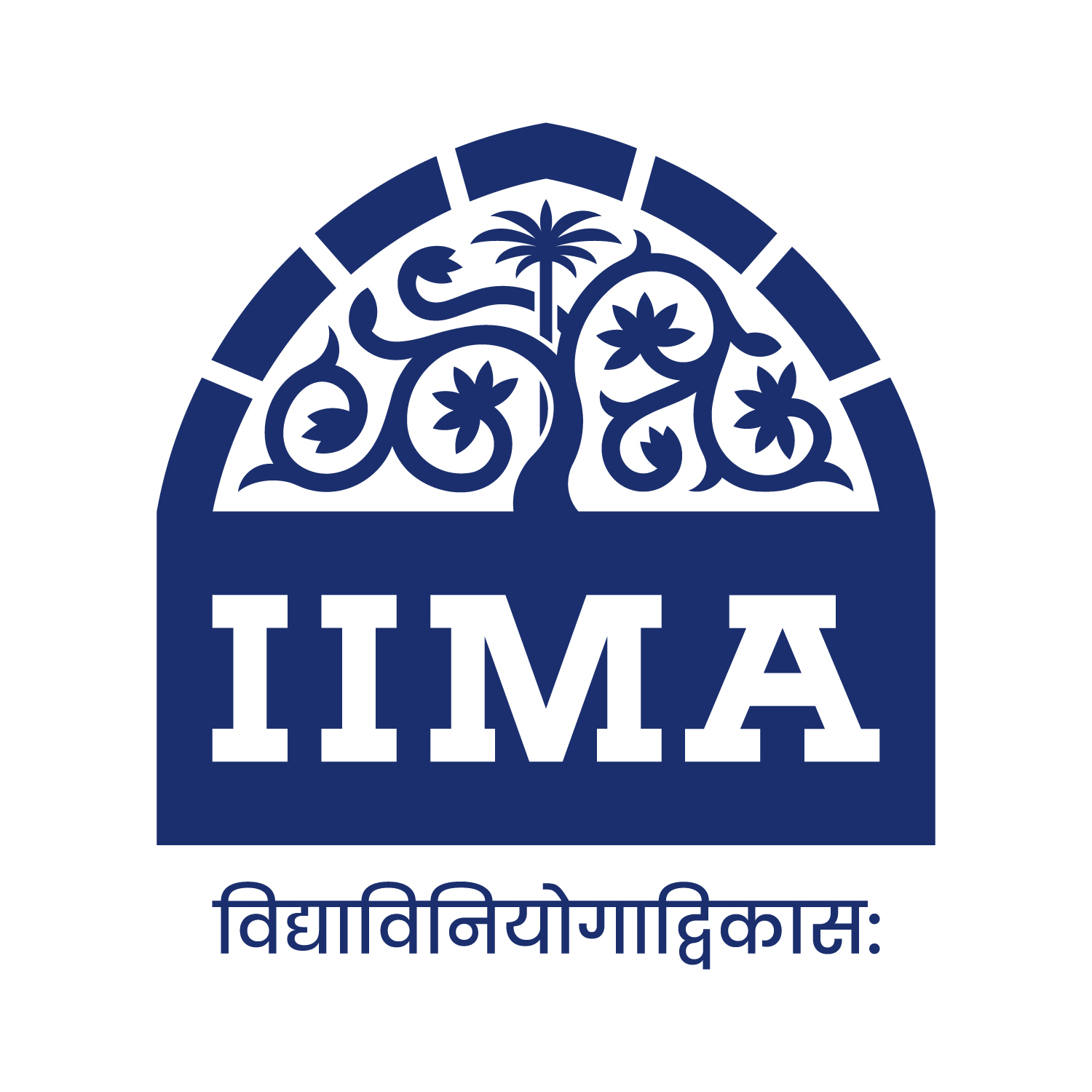Dear Alumni,
Greetings!
The new term for the PGP and FABM (or should I say MBA) participants began on June 16, 2019. At the commencement ceremony we celebrated the achievements of our young alumni. This year six alumni received the Young Alumni Achievers’ Awards. In the Corporate Leadership category Sumit Jalan (PGP batch of 2002, Managing Director, Co-Head of Investment Banking and Capital Markets, Credit Suisse, India), Vaishali Rastogi (PGP batch of 1997, Senior Partner and Managing Director, Head of South-East Asia, The Boston Consulting Group) and Viraj Sawhney (PGP batch of 2000, Managing Director, Warburg Pincus, India) received the awards. Pranay Agrawal and Srikanth Velamakanni (both PGP batch of 1998), CEO, and Group CEO respectively of Fractal Analytics got the award for Entrepreneurship. Suchitra Sebastian (PGP batch of 1997 and University Reader in Physics at University of Cambridge, United Kingdom) received the award for her contribution in Academics. The interaction between the awardees and the incoming batch participants was quite fascinating and inspirational. The awardees shared their perspectives on their growth trajectories, life decisions and what they learnt and enjoyed the most during their tenure at IIMA. This issue provides a glimpse of the journeys of the six alumni awardees and their contributions.
The movement towards more diversity among the student population continues to grow. A 140 strong batch of PGP X has two international students this year. A PGP X participant this year has an average age of 31 years and a work experience of more than eight and a half years. About 45 per cent of the batch has some international experience, 89 per cent are engineers and 23 per cent of the participants are women. Apart from the PGP X participants who joined in April, 388 PGP, 46 PGP-FABM and 19 FPM participants joined this year. The average age of a PGP participant is 24 years and 32 per cent of the participants have no work experience. The average work experience of the batch is about 20 months. About 26 per cent of PGPs are non-engineers and 24 per cent women. The proportion of women participants in the FABM programme is much higher at 48 per cent.
Like always, the convocation was a majestic event this year as well. The major change this year was that the graduating participants were awarded degrees instead of diplomas! Of the 593 graduating participants 580 (PGP, PGP-FABM and PGP X) were awarded MBA degrees while 19 FPM participants were given PhD degrees. This issue covers key highlights of this year’s convocation.
Our alumni have been quite active in the area of entrepreneurship. We have been covering their exploits in various issues of our magazine. This year we put a spotlight on some entrepreneurial ventures in food business.
A few other developments at the Institute need to be mentioned. IIMA is in the process of setting up a Centre in Dubai essentially to offer executive education. We also hope that such physical presence would also help us in writing cases on local companies, enhance our engagement with the alumni in the region and initiate some work in the area of start-up support. Please do write to me if any of you have ideas about how this Centre can be supported and strengthened. The other development is the setting up of a Big Data Lab on campus. A high-end computing facility has been set-up and we are reaching out to alumni and others to get access to large data bases so that these facilities can be leveraged for research and teaching. With the rise in the importance of big data analytics and new technologies like artificial intelligence and machine learning, such a facility would go a long way in helping us keep abreast of the current trends in teaching and research. We hope that the recently formed Alumni Special Interest Group (SIG) in the area of Technology and Data Analytics would also help in the growth of such endeavours on campus. As you know we have PGP student exchange arrangements with several educational institutions abroad. We are now in the process of deepening some of these collaborations. Apart from other things such deepening has entailed research collaborations and exchange of doctoral students.
Some of the SIGs have been quite active and I am happy to see the enhanced engagement of alumni, faculty and students. We still have a long way to go and will need to persist with our efforts to make these platforms meaningful for networking and creating learning opportunities. I look forward to your support in this and other endeavours of the Institute.
Warm regards,
Rakesh Basant
Professor of Economics
Dean, Alumni and External Relations

